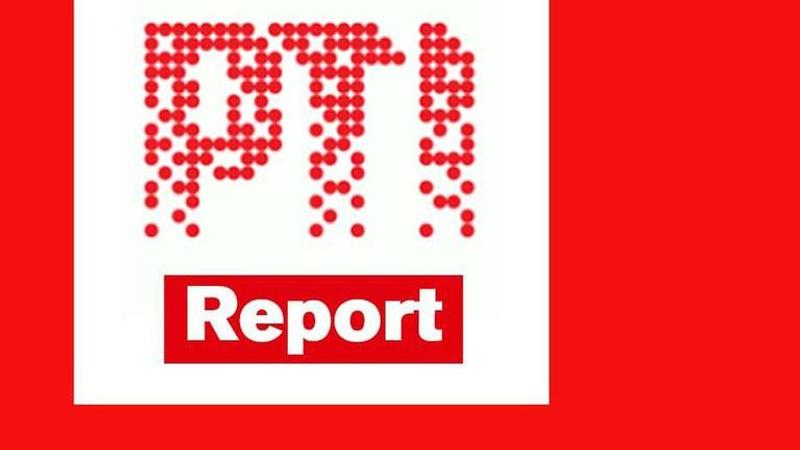Published 22:58 IST, February 18th 2021
Quad nations emphasise on respecting territorial integrity and sovereignty
In the midst of rising global concern over China's military expansionism, India and three other member nations of the Quad on Thursday vowed to uphold a rules-based international order underpinned by respect for territorial integrity and sovereignty, freedom of navigation and peaceful resolution of disputes.

In the midst of rising global concern over China's military expansionism, India and three other member nations of the Quad on Thursday vowed to uphold a rules-based international order underpinned by respect for territorial integrity and sovereignty, freedom of navigation and peaceful resolution of disputes.
At a virtual meeting, External Affairs Minister S Jaishankar, US Secretary of State Antony Blinken, Australian Foreign Minister Marise Payne and Japan's Toshimitsu Motegi reiterated their common vision for a free, open and inclusive Indo-Pacific.
The ministers deliberated on a host of issues including the recent developments in Myanmar, the coronavirus pandemic, climate change and furthering cooperation in areas such as maritime security, supply chain resilience and counter-terrorism, the Ministry of External Affairs (MEA) said.
During the discussion on recent developments in Myanmar, the upholding of rule of law and the democratic transition was reiterated by India, the ministry said.
"The ministers emphasised their commitment to upholding a rules-based international order, underpinned by respect for territorial integrity and sovereignty, rule of law, transparency, freedom of navigation in the international seas and peaceful resolution of disputes," it said.
The meeting took place in the backdrop of China's aggressive military behaviour in South China Sea and along the Line of Actual Control (LAC) in eastern Ladakh.
The evolving situation in the Indo-Pacific region in the wake of China's growing military assertiveness has become a major talking point among leading global powers. The US has been favouring making Quad a security architecture to check China's growing assertiveness.
The MEA in its release on '3rd India-Australia-Japan-USA Quad Ministerial Meeting' said,"it was noted that the Indo-Pacific concept had gathered growing international support, including in Europe." "Their productive exchange of views on regional issues included a reiteration of their common vision for a free, open and inclusive Indo-Pacific region, with clear support for ASEAN cohesion and centrality," the ministry said.
The 10-nation Association of Southeast Asian Nations (ASEAN) is a key stakeholder in the Indo-Pacific region.
The minister discussed ongoing efforts to combat the pandemic, including vaccination programmes, and expressed their commitment to cooperate in addressing this challenge, enhancing access to affordable vaccines, medicines and medical equipment.
They also recognised and appreciated India's efforts at providing vaccines to 74 countries, the ministry said.
It was the third ministerial meeting of Quad member countries and the first after the Joe Biden administration took charge in Washington.
The MEA said the ministers highlighted their shared attributes as political democracies, market economies and pluralistic societies and recognised that the changes underway in the world makes a strong case for their countries working closely together.
"It was important for the international community that the direction of changes remains positive and beneficial to all," the MEA said.
Noting that regular Quad consultations hold value, the ministers agreed to continue these useful discussions, the ministry added.
The foreign ministers of the Quad member nations met in Tokyo on October 6 and reaffirmed their collective vision for a free, open and inclusive Indo-Pacific.
The foreign minister of the four countries held their first meeting under the 'Quad' framework in New York in September 2019.
In November 2017, India, Japan, the US and Australia gave shape to the long-pending proposal of setting up the Quad to develop a new strategy to keep the criticl sea routes in the Indo-Pacific free of any influence.
Updated 22:58 IST, February 18th 2021




